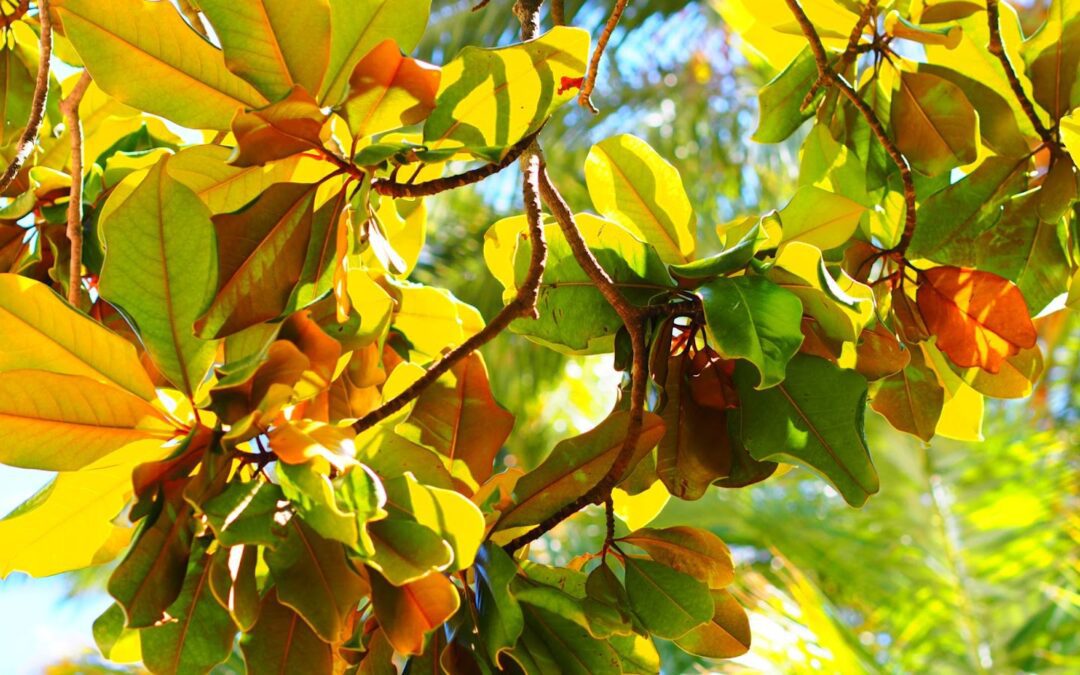Did you know that pecan trees can live over 200 years? With the right conditions and care, you can ensure a successful Georgia Pecan Tree. As pecan trees provide so many ample benefits to your property, there’s no wonder why many homeowners are opting to plant these trees.
With this in mind, pecan tree care is one of the major concerns surrounding their addition to any property. As with most plants, pecan trees prefer certain types of surroundings. The temperature, soil type, and amount of sunlight your tree needs to survive can have an impact on the way it grows and produces. To learn more about how to get a good crop of nuts from your trees, read on.
Here’s how to grow a good crop from your pecan trees:
- Tree Types
- Soil Options
- Temperature Requirements
- Placement Benefits
- Moisture Levels
- Purchase Healthy Pecan Trees with the Georgia Pecan Tree Nursery
Tree Types
Knowing what tree species your pecan tree is will allow you to determine which cultivar to plant. The type of tree, the nut size, and the resistance of a pecan plant to disease can differ accordingly. The Schely variety, for instance, is prone to pecan scab, a fungus disease, and will seldom produce fruitful crops if not sprayed.
According to the current recommendations, Elliott, Jenkins, McMillan, and Syrup Hill pecan trees are suitable for home planting. It is generally believed that cultivars of this type of pecan tree are not seriously affected by pecan scab, meaning you are likely to reap a bountiful harvest this year.
Visit Georgia Pecan Nursery to learn more about growing a tree of your own!
Soil Options
In order to thrive, trees need healthy roots. Healthy roots require good soil. Providing a tree with the materials it needs to thrive sets it up for success as the tree is growing directly from the ground. The soil of some regions is better than the soil of others. In different mixtures, nutrients, drainage capability, and other factors differ.
In regards to the health of your Georgia Pecan Tree, you may want to visit your local garden center to purchase more specific soil blends. A local garden center specialist in your area will be best able to identify the mixtures you need.
There is little difference in the growth of pecan trees in different soil types. Nevertheless, they prefer deep soils that are well-drained, fertile, and able to hold water. A loamy, acidic and alkaline soil suits them best.
Temperature Requirements
Temperature is a personal thing; we all find temperatures that are comfortable for us. Pecan trees are similar to us in this way! Despite their mild preference for moderately warm weather, pecan trees can tolerate moderate temperatures for a short period of time. In every part of our country, we have outlier weather events that push the thermometer in both directions. With that in mind, as a general rule, pecan trees can grow in hardiness zones 7-9, with some varieties being able to stretch outside of this.
Cold temperatures are not good for pecan trees. In the winter, temperatures between 45 and 55 degrees are ideal, but they can withstand temperatures below 20 degrees. At the other end of the spectrum, pecan trees don’t like getting much hotter than 80 degrees. Despite their ability to go beyond 30, 45, or 80 degrees, it is ideal to stay between 45 and 80 degrees.
Visit Georgia Pecan Nursery to learn more about growing a tree of your own!
Placement Benefits
After deciding you live in an area suitable for pecan trees, the next step is to choose where to plant one. As a first step, you should consider spacing. Typically, pecan trees reach a height of around 100 feet and a width of 50 feet (some grow taller, some shorter).
As a result, they will require a lot of space when they are planted. Remember that young trees will grow very high, so be careful about where you place them. Any obstacles that could interfere with the growth of the tree should be avoided, such as overhanging parts of buildings and power lines. You’ll want to give them about 60 to 80 ft between the trees if you are planting more than one.
Pro Tip: If you want your trees to produce delicious nuts, you are definitely going to need to plant more than one.
Moisture Levels
It is imperative that pecan trees have access to water. In order to grow, they need quite a bit of water – about 60 inches a year. It is possible to use both rainwater and irrigation in areas where there is abundant water available. Be sure to access your property when planting your Georgia Pecan Tree to ensure they will be properly watered.
For instance, the period of peak water requirements for pecan trees is in August and September because this is when the trees are in the kernel filling stage. Supplemental irrigation assists natural elements during this time, giving the trees the materials they need to produce a great harvest.
Purchase Healthy Pecan Trees with the Georgia Pecan Tree Nursery
With over 45 years experience in the pecan growing industry and pecan tree sales, Georgia Pecan Nursery is happy to provide our customers with quality nursery stock of pecan trees. We are also available to provide educational information on select pecan varieties, planting pecan trees, maintaining pecan trees, designing orchards, and will discuss results with growers so they can know what to expect.
Whether you are a beginner or seasoned grower, we look forward to offering you pecan trees for sale, as well as helping you achieve your goals. Are you ready to purchase a pecan tree? Visit Georgia Pecan Tree Nursery to find your new pecan tree today.

